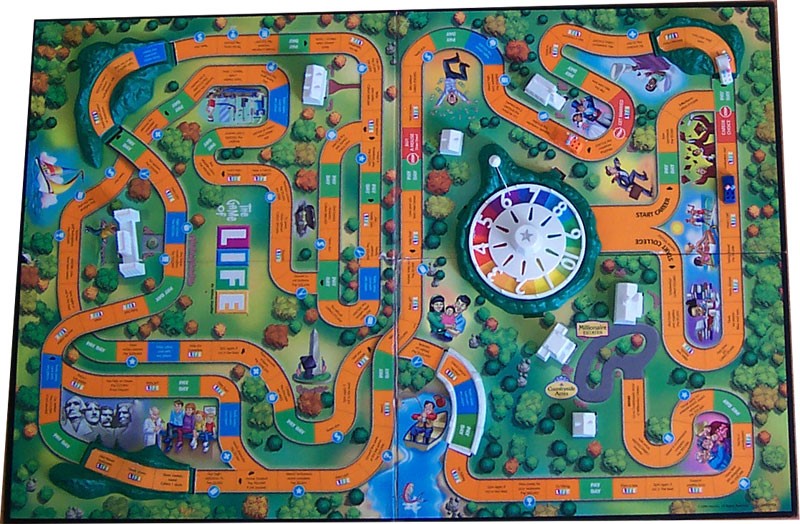Below are some common questions you will want to know the answers to that will help you transition from pediatric to adult cardiology.

At what age should transition of care occur?
Ideally, children should transition to adult-oriented health care between the ages of 18 and 21 years. For adolescents seeing a pediatrician, the transition will involve choosing a new physician, transferring medical records, and communicating treatment histories and insurance information. A good article regarding transitioning was written by the American Academy of Pediatrics at: https://www.aap.org/en-us/about-the-aap/aap-press-room/pages/Helping-Adolescents-Transition-to-Adult-Health-Care.aspx and https://publications.aap.org/pediatrics/article/144/6/e20190373/37935/Practical-Steps-to-Help-Transition-Pediatric. A worthwhile clinical report of expert opinion and consensus on the practice-based implementation of transition for all youth beginning in early adolescence can be found at: http://pediatrics.aappublications.org/content/128/1/182.full. Parents may find some useful information in the article even though it was written for healthcare providers.
Do I need a referral?
A referral may be required by your insurance provider and some practices. In general, this referral supports the transfer of medical care to an appropriate provider, qualified in your child’s care and supports a comprehensive hand-off of care.
How do I say goodbye to my pediatric cardiologist? Can I keep in touch?
After often a decade or two of providing care, your pediatric cardiologist and their staff may be just as emotionally attached to your child as you are to them. Cognitively, everyone recognizes the benefits and even the necessity of transferring care to an adult cardiologist who specializes in adult CHD, yet your pediatric healthcare provider may also have feelings of loss as your family transitions. They most likely would love to continue to receive holiday cards and pictures of your family. Think of them as a favored teacher as your relationship changes from care provider to trusted supporter.
How do I find an adult congenital cardiologist?
The Adult Congenital Heart Association maintains a list of providers on their website https://www.achaheart.org/your-heart/resources/clinic-directory/. The ACHD Clinic Directory offers comparative information on all self-identified ACHD clinics in the United States and Canada that currently participate in the annual ACHA/ISACHD ACHD Clinic Survey Project. All data in the ACHD Clinic Directory is self-reported and has not been independently verified.
What training must an adult CHD cardiologist have had?
In 2011, the American Board of Medical Specialties recognized ACHD as a separate subspecialty of cardiology and develop guidelines for ACHD subspecialty certification. The ACHD board certification is offered through the American Board of Internal Medicine and is available to those with a valid American Board of Internal Medicine certification in cardiovascular disease or certification from the American Board of Pediatrics in pediatric cardiology. To become certified in the subspecialty of ACHD, trainees must complete ACHD fellowship training and pass the board certification examination. The American College of Cardiology recognizes recognize training programs for ACHD fellows in long term management and clinical care of adults with simple, moderate and complex congenital heart disease on their directory website https://www.acc.org/Education-and-Meetings/Products-and-Resources.
What questions should I ask my adult cardiologist?
Adult CHD problems are very different from other “regular”/acquired heart issues that adults develop. It is important to understand as much as you can about your CHD and any problems that it might cause you. Asking these questions of your healthcare provider are big steps in advocating for yourself and striving to live the most normal, healthy life possible.
- What is the name of my CHD and how do you describe it?
- What is my significant medical history, including any surgeries?
- What are my risks as an adult?
- How will I be able to identify any signs of new heart problems?
- What are my medications, their dosages, what is each medication for, and what does it do for me?
- What are the results to any diagnostic tests, medical procedures and surgery for complex ACHD?
- What kind of exercise program should I be engaged in?
- What forms of birth control are safe—and can I become pregnant?
- Do I have any restrictions on my activities?
- What kind of diet should I be following?
- Do I need the flu or other vaccines?
- Do I need dental prophylaxis?
What medical records should I take to my new provider?
A complete medical record should be provided to your new healthcare provider that includes all office visit notes, all procedure and test results, all medications and vaccinations, and all discharge records from all hospitalizations
